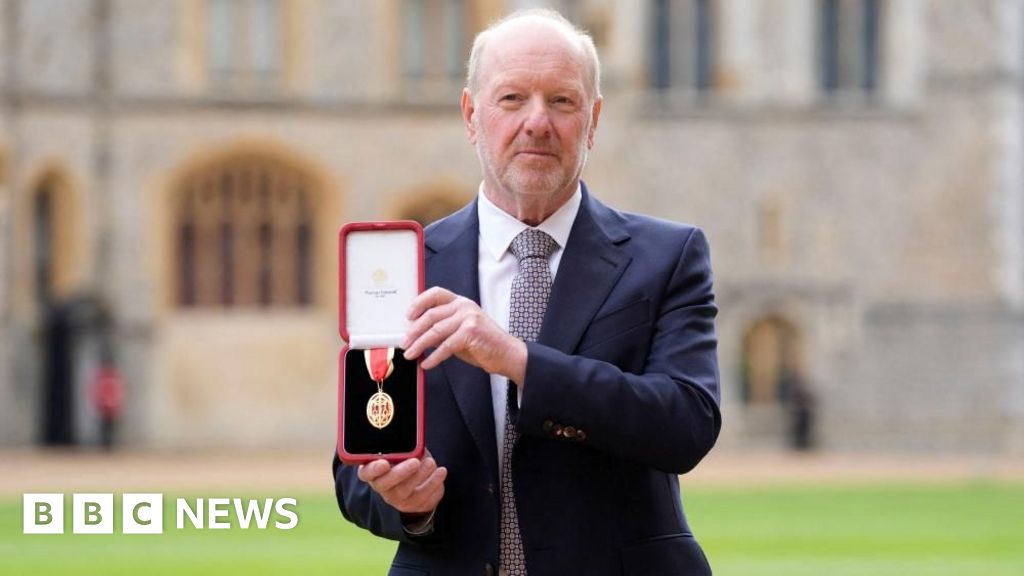The writer is an FT contributing editor and co-founder of Now Teach
Some years ago, shortly before I left the Financial Times, I gave a talk at a literary event in Oxford. Put up your hand, I said to the audience, if you are useless at maths — whereupon the arms of around a third of them shot into the air. At the time, I wrote a column saying something had gone badly wrong when so many people in one of the most intellectually rarefied towns on the planet were not only dunces at maths but wore their inadequacy as if it were a charming quirk.
This week, the prime minister made the same point when he railed against the country’s “anti-maths mindset”. Rishi Sunak’s solution is to force all teenagers to study the subject until they are 18; mine was to roll my sleeves up and become a maths teacher myself.
The difference between our approaches is that mine did no harm. I tried my hardest to get teenagers to learn probability and algebra but after a year, with the relief that comes from deciding to do what you love, I switched to teaching economics and business instead. Sunak’s scheme may be equally well intentioned, but coercing students to go on doing what they hate will be ruinously expensive, counterproductive and borderline cruel.
Sunak, whose formative experience of maths was from his own school days at Winchester, would have done well to visit me as I entirely failed to teach standard-form maths to a Year 10 bottom set in an inner London comp. He would have witnessed a struggling student asking the million-dollar question: “Miss, why are we doing this?” There was no earthly reason. None of them would ever need standard form again. Surely Sunak would have seen that his first task was to do something about the 30 per cent of students nationally who fail to get the lowest pass at maths GCSE.
These teenagers are now required to retake the exam over and over until they pass or turn 18 — with the result that 100,000 students each year will have spent two years notching up successive failures, leaving most of them at 18 feeling they are not only failures at maths, but at life.
The answer is not more maths later. It’s better maths earlier. The government’s firepower should be spent in primary schools where the weakest students learn to be scared of the subject — guaranteeing that the simplest sum will be beyond them. Sunak’s upping of the ante may make this phobia worse. The more you tell kids maths is essential for a fully functioning life (which those thriving adults in Oxford disproved) the more you ratchet up the fear.
Some reform of what is taught is promised. I hope the focus will be on what people need to know — percentages, fractions and some financial literacy skills including how to budget, how to save and how to avoid getting ripped off by scammers on TikTok trying to recruit money mules.
I have more sympathy for the idea that students who pass maths GCSE should be encouraged to stick with it until they leave school. I know lots of young adults who did arts A-levels and degrees only to be surprised that there were so few jobs for them. But schools and parents should make the option clearer: if you do maths, you can make more money in coding.
Even if Sunak’s plan were the right one, there are not even close to enough maths teachers. Now Teach, the charity I co-founded which helps older professionals retrain as teachers, could be a small part of a solution, as about a third of these experienced trainees not only opt to teach maths and physics, but serve as living proof to students of how maths is used in the outside world.
Sunak declared this week that Britain’s aversion to maths was costing the economy tens of billions of pounds a year. I hope any new curriculum will include the most useful life skill of all: how to spot the difference between a made-up number and the real thing.
Credit: Source link









